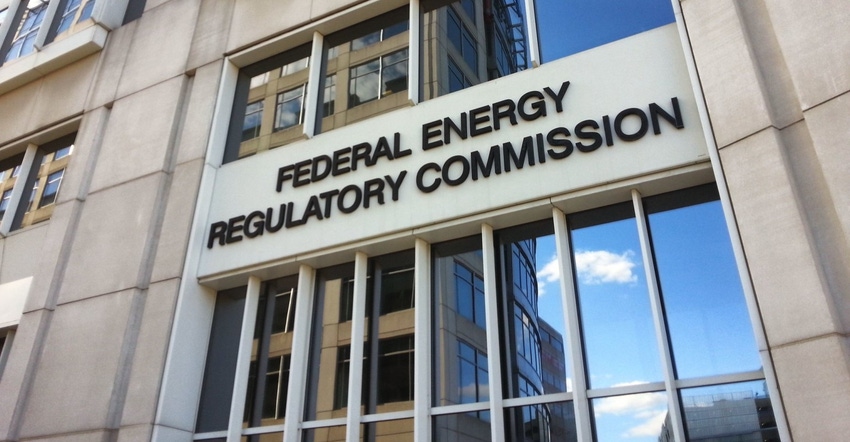Alternative dispute resolution will bring together pipeline companies, shippers and representative to see what additional actions are warranted.

The Federal Energy Regulatory Commission (FERC) will begin an alternative dispute resolution (ADR) process to address the liquid propane shortage affecting the Midwest.
The ADR will bring together pipeline companies, shippers and their representatives to explore actions FERC and the industry can take to alleviate the shortage, which has been due mostly to infrastructure and distribution issues. There is not currently a nationwide shortage of propane but instead an issue in getting propane to where it's needed.
This action is the result of conversations with and letters from Iowa Gov. Kim Reynolds and several members of the House and Senate expressing their concerns regarding reports of propane distribution and supply difficulties in the Midwest, FERC said in a release.
Additionally, FERC today issued an order accepting a proposal by Enterprise TE Products Pipeline Co. LLC in Docket No. IS20-66-000 providing emergency transportation service of propane to the Midwest region for a 30-day period.
“The commission takes this issue seriously,” FERC chairman Neil Chatterjee said. “We have been actively engaging with stakeholders and with Capitol Hill and the states and receiving regular updates from pipeline companies. By bringing the pipelines and shippers to the table, we are building on these efforts and establishing a dialogue focused on exploring concrete solutions.”
Sens. Chuck Grassley (R., Iowa), along with Sen. Joni Ernst (R., Iowa), recently sent a letter regarding the propane constraints.
“I’ve heard from farmers, propane marketers, co-ops and manufacturers in Iowa about how the lack of access to propane is affecting operations and threatening their livelihoods. This announcement is a good first step, and I’m glad to see that FERC is taking this issue seriously. I’ll continue to work with my colleagues and coordinate with state officials to keep a close watch as this process moves forward,” Grassley said.
About the Author(s)
You May Also Like





